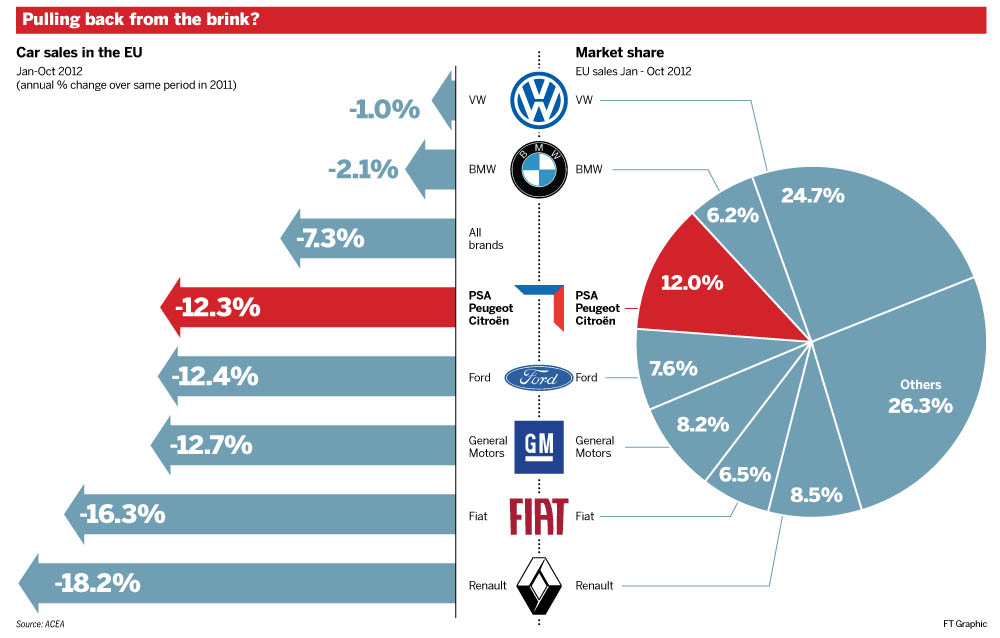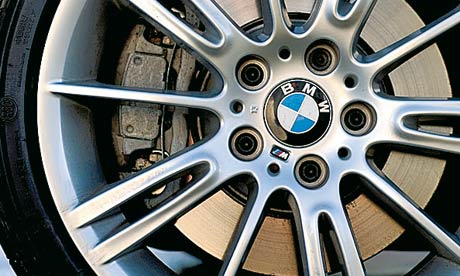Car sales in the US collapse:
November Auto Sales: Porsche sales drop by half (Source: Forbes)
November Auto Sales: Daimler AG’s sales decline (Source: Forbes):
Total sales at Daimler’s U.S. operations fell 29.9 percent to 15,991 from 22,819 in November 2007
Sales of Mercedes-Benz brand vehicles last month declined 38.2 percent to 14,102 while the company sold 1,889 of its two-seater Smart models. Smart was introduced to the North American market in mid-January of this year.
Mercedes-Benz USA said its best-selling model family, the C-Class, had a 36.1 percent drop-off in sales, and E-Class sales fell by 49.3 percent.
November Auto Sales: BMW sales fall 26.8 percent (Source: Forbes)
Volkswagen November U.S. Sales Fall 19% on Economy (Source: Bloomberg)
Audi U.S. November sales fall 25.4% (Source: Market Watch)
_________________________________________________________________________
Berlin under fire as German car sales collapse
German car sales have plunged to the lowest level since reunification almost twenty years ago, increasing pressure on Chancellor Angela Merkel to abandon budget restraint and back plans for an EU-wide rescue package.
Registrations fell 18pc in November, led by a drop of 36pc in Opel sales. “The crisis has again worsened dramatically,” said Volker Lange, of the VDIK motor vehicle association.
Volkswagen is to suspend production at its Wolfsburg headquarters this month. BMW has cut output in Leipsig to one day a week and Porsche is shuttering its Stuttgart plant for a week. It is just as bad in France where PSA Peugeot Citroen is halting production for a month at Sochaux, the country’s biggest industrial site.
The slump in Germany’s core industry has led to vocal criticism of the Left-Right coalition government. The Handelsbatt newspaper warned this week that the coalition faces a “rebellion” unless it faces up to the gravity of the crisis.
Read moreGerman carmakers: Sales collapse






 A trader reacts in front of the DAX board at the Frankfurt stock exchange.
A trader reacts in front of the DAX board at the Frankfurt stock exchange.